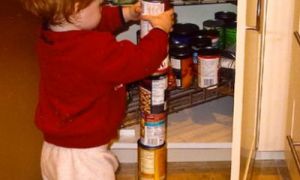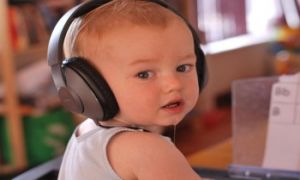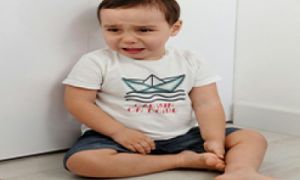Here’s how Physical Development, Cognitive & Language Development, and Social & Emotional Development for 12 to 24 months align with the Early Years Learning Framework (EYLF).
Physical Development & EYLF
- Outcome 3: Children have a strong sense of well-being
- Begins walking independently, climbing stairs with support.
- Improves hand-eye coordination, grasping objects, and scribbling.
- Develops fine motor skills like stacking blocks and turning pages.
Cognitive & Language Development & EYLF
-
Outcome 4: Children are confident and involved learners
- Shows curiosity, experimenting with cause-and-effect relationships.
- Engages in problem-solving, such as stacking blocks or fitting shapes.
- Demonstrates early persistence, repeating actions to achieve a goal.
-
Outcome 5: Children are effective communicators
- Begins using two-word sentences and understands simple instructions.
- Points to pictures when named, demonstrating early literacy skills.
- Experiments with sounds and gestures, developing communication skills.
Social & Emotional Development & EYLF
-
Outcome 1: Children develop a strong sense of identity
- Displays stranger anxiety, seeking reassurance.
- Begins parallel play, engaging alongside peers.
- Expresses emotions clearly using gestures and simple words.
-
Outcome 2: Children connect with and contribute to their world
- Demonstrates early social skills, such as sharing and turn-taking.
- Engages in simple pretend play, imitating familiar routines.
- Begins to recognize and respond to cultural and family traditions.
Further Reading
Developmental Milestones From 2 Months Old To 5 Years Old
Linking Theories To The Developmental Milestones
Gross Motor Development for Babies 12-24 month
Language Development for Babies 12-24 months
Social and Emotional Development for Babies 12-24 months
Fine Motor Development for Babies 12-24 months
Cognitive Development for Babies 12-24 months


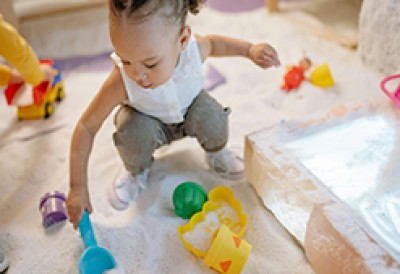
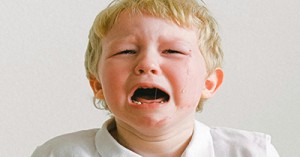
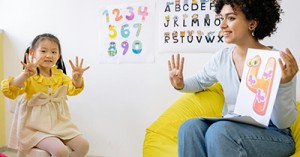
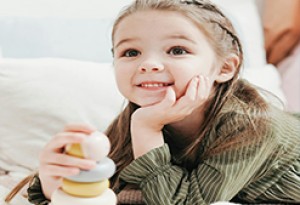
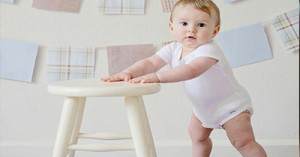
 Toddlers have a greater understanding of the world around them by this stage. Their cognitive development (also known as intellectual development and thinking skills) continues
Toddlers have a greater understanding of the world around them by this stage. Their cognitive development (also known as intellectual development and thinking skills) continues Infants begin to develop trust when parents begin to fulfil their needs. Such as changing an infant's nappy when needed, feeding on request and holding
Infants begin to develop trust when parents begin to fulfil their needs. Such as changing an infant's nappy when needed, feeding on request and holding Beginning at birth the construction of thought processes, such as memory, problem solving, exploration of objects etc, is an important part of an infant’s cognitive
Beginning at birth the construction of thought processes, such as memory, problem solving, exploration of objects etc, is an important part of an infant’s cognitive Toddlers want to do more on their own and do not like it when you begin to establish limits on their behaviour. Tantrums can become
Toddlers want to do more on their own and do not like it when you begin to establish limits on their behaviour. Tantrums can become Your preschooler is now able to focus their attention more accurately and is less influenced by distractions. The intensity of questions increase as your child
Your preschooler is now able to focus their attention more accurately and is less influenced by distractions. The intensity of questions increase as your child John Dewey is often seen as the proponent of learning by doing – rather than learning by passively receiving. He believed that each child was active,
John Dewey is often seen as the proponent of learning by doing – rather than learning by passively receiving. He believed that each child was active, Toddler advance and gains new skills in Gross Motor Development milestones achieved throughout earlier years. Co-ordination and challenges that could not be performed before such
Toddler advance and gains new skills in Gross Motor Development milestones achieved throughout earlier years. Co-ordination and challenges that could not be performed before such Erik Erikson developed a psychosocial theory to understand how we each develop our identities through eight stages of psychosocial development from infancy to adulthood. The
Erik Erikson developed a psychosocial theory to understand how we each develop our identities through eight stages of psychosocial development from infancy to adulthood. The At this point preschoolers begin to interact effectively with others. Play becomes more innovative and organized and “boyfriend” or “girlfriend” begins to emerge. Preschoolers have
At this point preschoolers begin to interact effectively with others. Play becomes more innovative and organized and “boyfriend” or “girlfriend” begins to emerge. Preschoolers have From now, babies begin to identify and respond to their own feelings, understanding other's feelings & needs and interact positively with others. A baby's social and
From now, babies begin to identify and respond to their own feelings, understanding other's feelings & needs and interact positively with others. A baby's social and